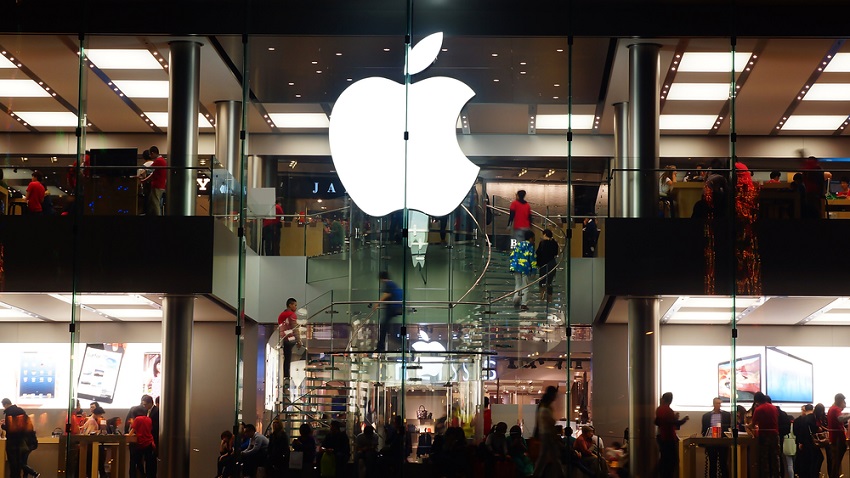Over the past few months, Apple has been embroiled in a bitter legal dispute with Qualcomm over iPhone royalty payments. According to Apple’s initial $1 billion suit, which was filed this past January, Qualcomm has been overcharging Apple for iPhone components for years. Apple, in turn, has decided to withhold royalty payments from Qualcomm until the matter is resolved. As Apple laid out in its initial complaint, the royalty rate Qualcomm demands from Apple is based on the overall cost of the iPhone as opposed to the inherent value of the components provided.
During an earnings conference call a few months ago, Tim Cook explained why Apple opted to take Qualcomm to court:
The reason that we’re pursuing this is that Qualcomm’s trying to charge Apple a percentage of the total iPhone value. And they do some really great work around standards-essential patents, but it’s one small part of what an iPhone is. It’s not – it has nothing do with the display or the Touch ID or a gazillion other innovations that Apple has done. And so we don’t think that’s right, and so we’re taking a principled stand on it. And we strongly believe we’re in the right, and I’m sure they believe that they are. And that’s what courts are for.
And now the courts have spoken. According to The New York Times, a federal judge has ruled that Apple’s 11 foreign-based lawsuits against Qualcomm can proceed, thwarting Qualcomm’s effort to have those cases dismissed.
Qualcomm had sought what is known as an “anti-suit” injunction against Apple, seeking to temporarily halt 11 separate lawsuits against Qualcomm and its subsidiaries in the United Kingdom, Japan, China and Taiwan over many of the same pricing and practices issues as the U.S. case.
But Judge Gonzalo Curiel ruled against Qualcomm and said Apple could proceed with those actions while the U.S. case plays out.
All in all, Curiel’s ruling represents a small but significant victory for Apple.








